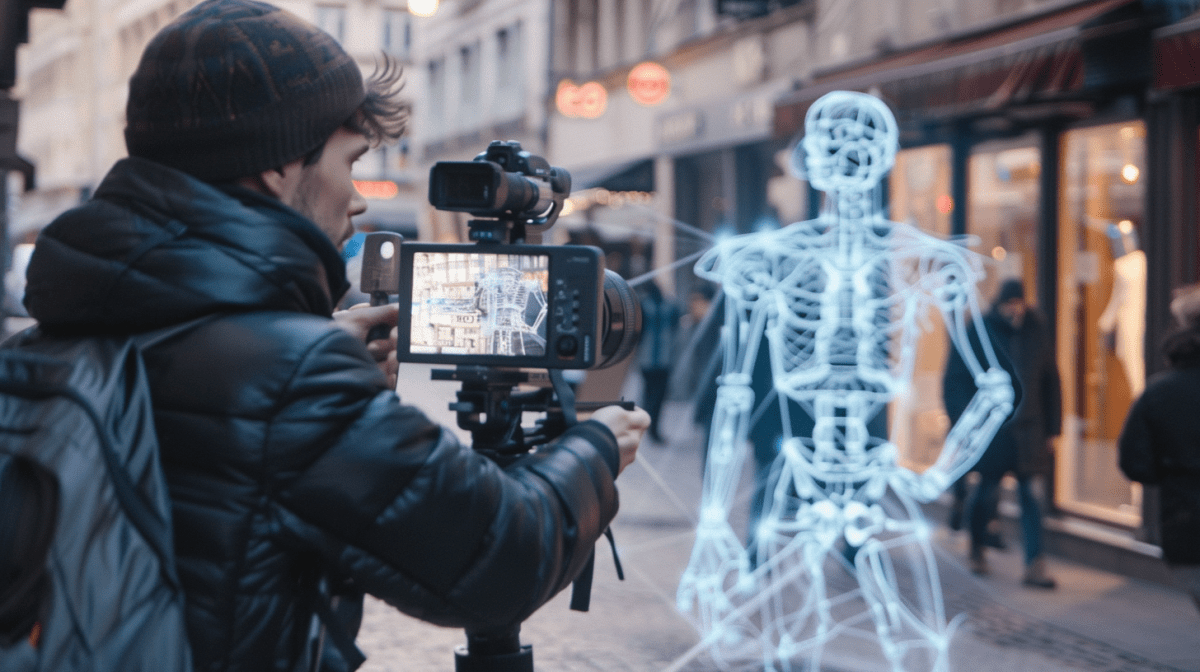OpenAI’s Sora AI Model Showcased by External Creatives
OpenAI has recently unveiled a series of captivating videos generated by its cutting-edge AI model, Sora. While this technology remains inaccessible to the general public, the company has granted select filmmakers, artists, advertising agencies, and musicians access to experiment with the tool.
In a blog post released today, OpenAI showcased seven videos crafted by these external invitees, shedding light on the potential of Sora in helping creatives materialize their visions. Among the featured individuals are:
- Walter Woodman, Sidney Leeder, Patrick Cederberg – Members of shy kids, a Toronto-based multimedia production company. Walter directed the film “Air Head.”
- Paul Trillo – A versatile artist, writer, and director.
- Nik Kleverov – Creative Director and Co-Founder of Emmy-nominated agency Native Foreign.
- August Kamp – A musician, researcher, and creative activist with a diverse artistic background.
- Josephine Miller – Co-Founder and Creative Director of Oraar Studio, specializing in visual effects and digital fashion.
- Don Allen Stevenson III – An expert in digital AR/XR artistry and consulting.
- Alex Reben – Sculptor, artist, and Artist In Residence at OpenAI.
These creators, featured in collaboration with OpenAI, provide a glimpse into the innovative applications of Sora beyond the confines of the company’s research labs. The showcase underscores the potential of this technology in creative industries.
OpenAI’s Sora in the Public Eye: A Shift in Perception
The release of these Sora-generated videos coincides with engagements between OpenAI executives and Hollywood filmmakers, signaling a broader outreach of the AI model into mainstream filmmaking circles. However, the increasing integration of AI in content creation has not been devoid of skepticism.
Recently, an indie horror film sparked controversy for utilizing AI-generated images, prompting backlash from online communities. Critics expressed concerns over the substitution of traditional artistic methods with AI-generated content. This response exemplifies a broader shift in perceptions toward AI in creative domains.
Addressing such concerns, Fairly Trained CEO Ed-Newton Rex highlighted the concept of “Artistwashing,” denoting the practice of soliciting positive feedback about AI models while potentially infringing on creators’ work. Through Fairly Trained, Rex advocates for transparent AI training practices using licensed or public domain data.
In response to these criticisms, OpenAI has remained tight-lipped about the specific data sources used to train Sora. While Chief Technology Officer Mira Murtai mentioned the utilization of publicly available and licensed data, questions regarding the model’s training dataset remain. The company’s collaboration with Shutterstock, as part of a license agreement, adds another layer of complexity to the discussion surrounding data integrity in AI development.
Image/Photo credit: source url





